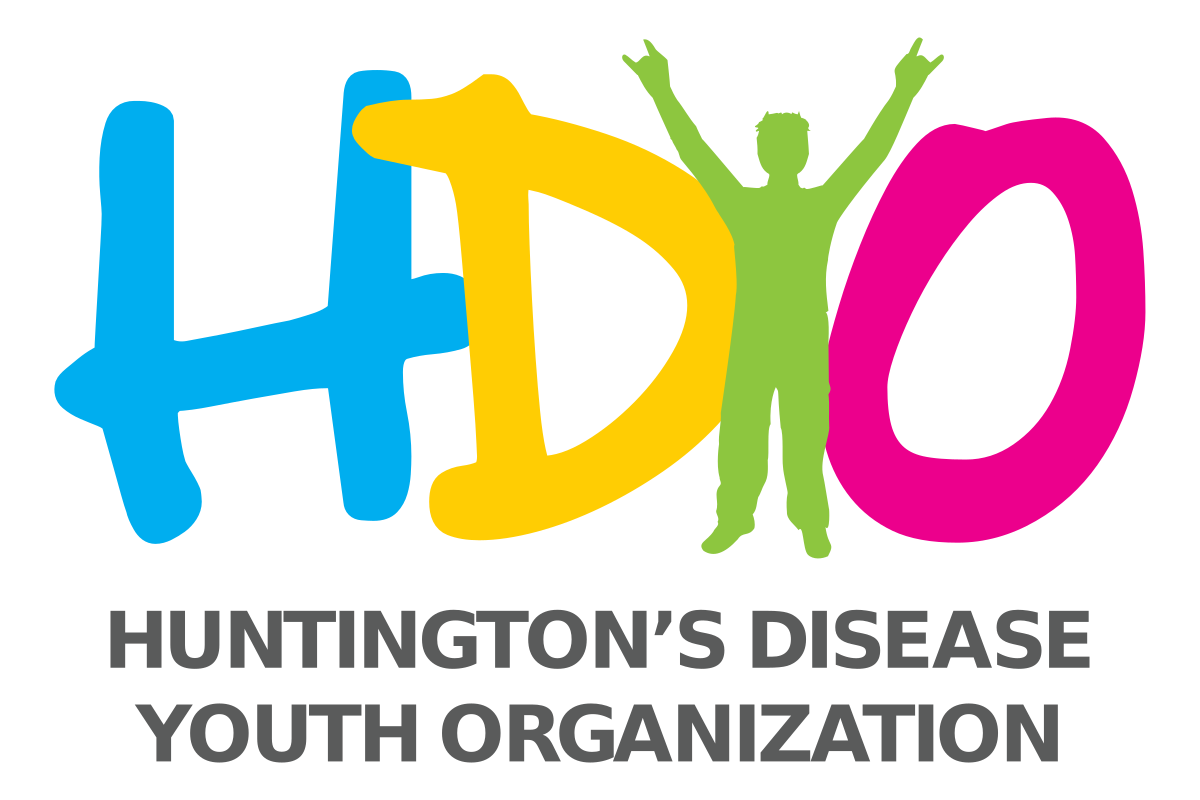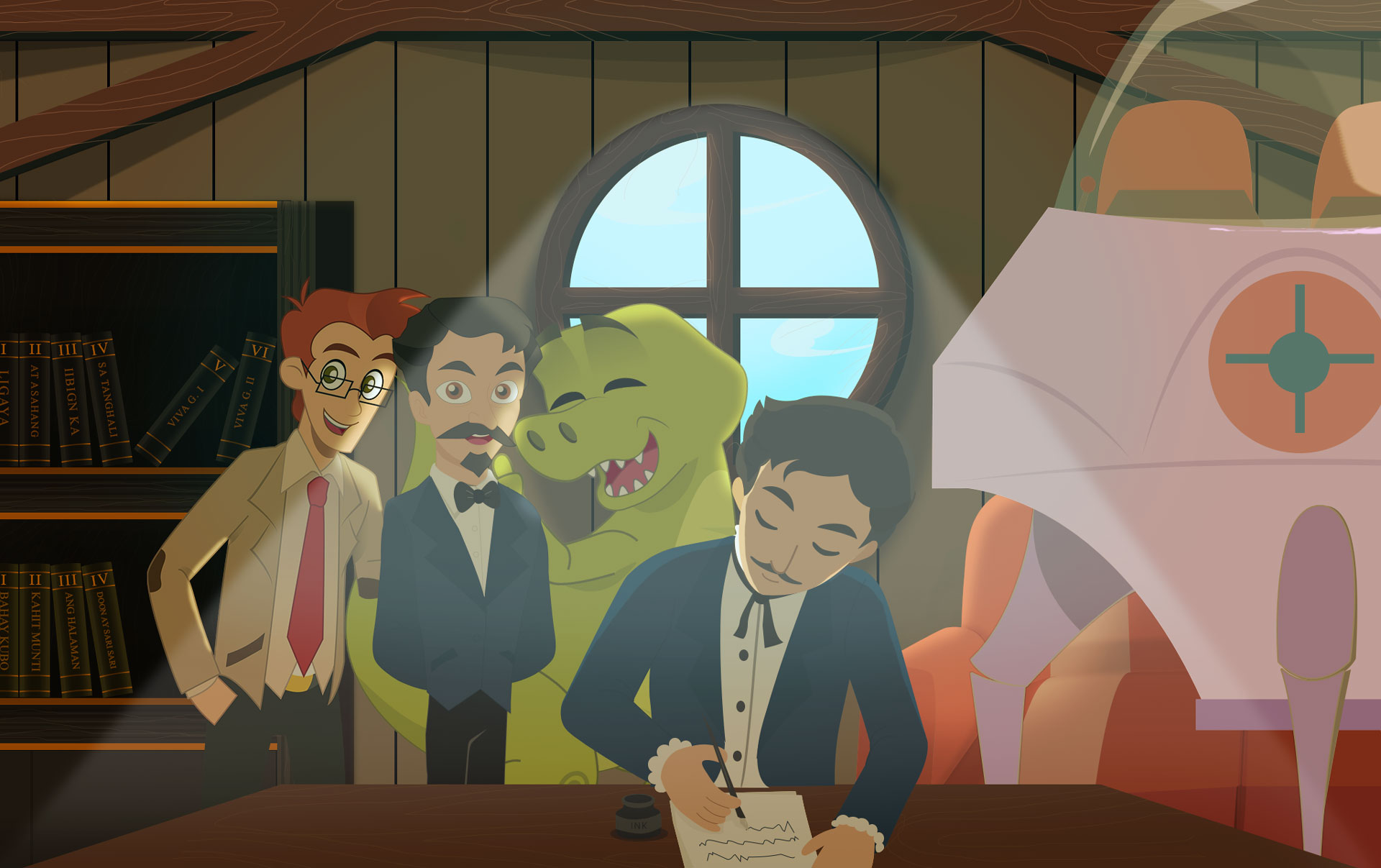Parent And Guardian Involvement
July 15, 2024

HDYO has more information about HD available for young people, parents and professionals on our site:
www.hdyo.org
*Reviewed by Education and Research Committees 2024
When providing support for young people impacted by HD, it is crucial for professionals to consider how to involve parents and guardians. The extent of involvement may vary, depending on the age and circumstances of the child. It is important for professionals to note, that some teens and young adults assume the role of caregiver for the person with HD, so the family dynamics may be different from a traditional family when working with this community. Here are some suggestions regarding parents and guardians' involvement according to age:
Kids (Under Age 13):
Involving Parents/Guardians:
- Parental/guardian involvement is essential at this age, as children rely heavily on parents/guardians for support and guidance.
- Parents/guardians can provide valuable insights into the child's behaviors, needs and preferences.
- Involving parents/guardians can help in creating a consistent support system.
It is important to allow children to express a need for privacy regarding personal feelings or concerns. If there are any concerns regarding abuse or neglect, however, appropriate authorities will need to be notified.
Teens (Ages 13-18):
Involving Parents/Guardians:
- While teenagers may seek more independence, parental/guardian involvement remains crucial, especially in managing complex emotional issues related to HD.
- At times it might be easier and more comfortable for a teen to discuss sensitive topics or issues with a trusted adult who is not a parent/guardian. Other adults such as a counselor, teacher, coach, faith-based leader, family friend or relatives may be able to assist. It is important however that the person understands the facts about HD.
- It is important to allow teens to express a need for privacy regarding personal feelings or concerns. However, if there are any concerns regarding abuse or neglect, self-harm or an unsafe situation, appropriate authorities will need to be notified.
Young Adults (Ages 19-35):
Involving Family:
- While young adults may strive for independence, they may still rely on family for emotional and practical support, especially when facing challenges related to HD.
- Involving family can be helpful in coordinating care, accessing resources, and making decisions about long-term planning and support. However, this is on a case-by-case basis depending on the family dynamics and independence of the young adult.
- Young adults may benefit from involving family in discussions about their healthcare preferences, financial planning and other important life decisions.
- If the young adult is legally capable of making their own decisions, it is important for family to respect the young adult’s autonomy and privacy.
Conclusion
The above information serves as a general guideline on parental/guardian involvement. It should be adjusted accordingly on a case-by-case basis. Flexible and individualized care approaches are key in providing effective support to young people impacted by HD. It is essential to strive to maintain open communication about HD within the family. It is also important to collaborate with a multidisciplinary team, including HD healthcare professionals, educators and mental health experts, to enhance the support available to young people and their families.
Contact HDYO for more information and for resources available in your area.



